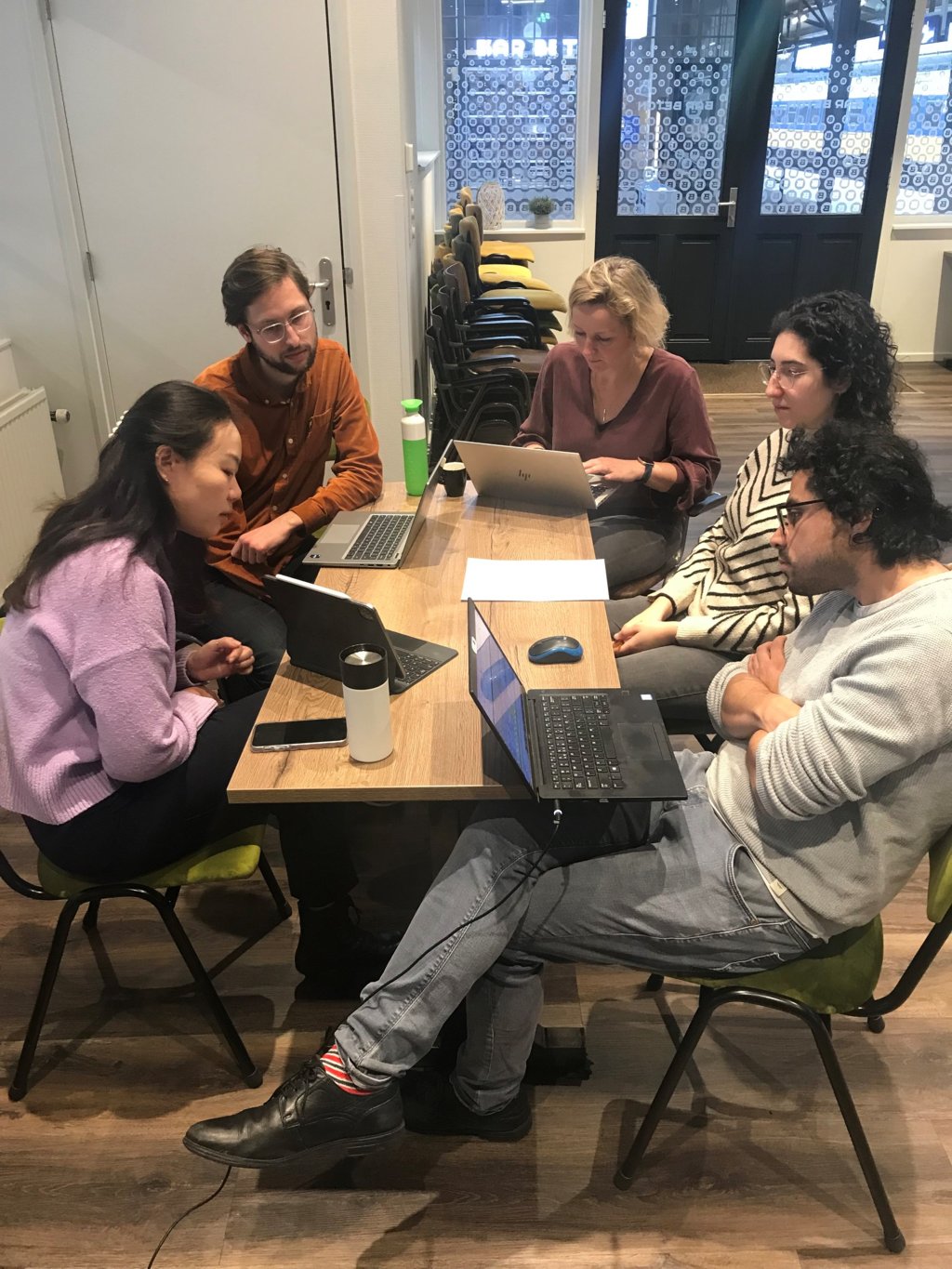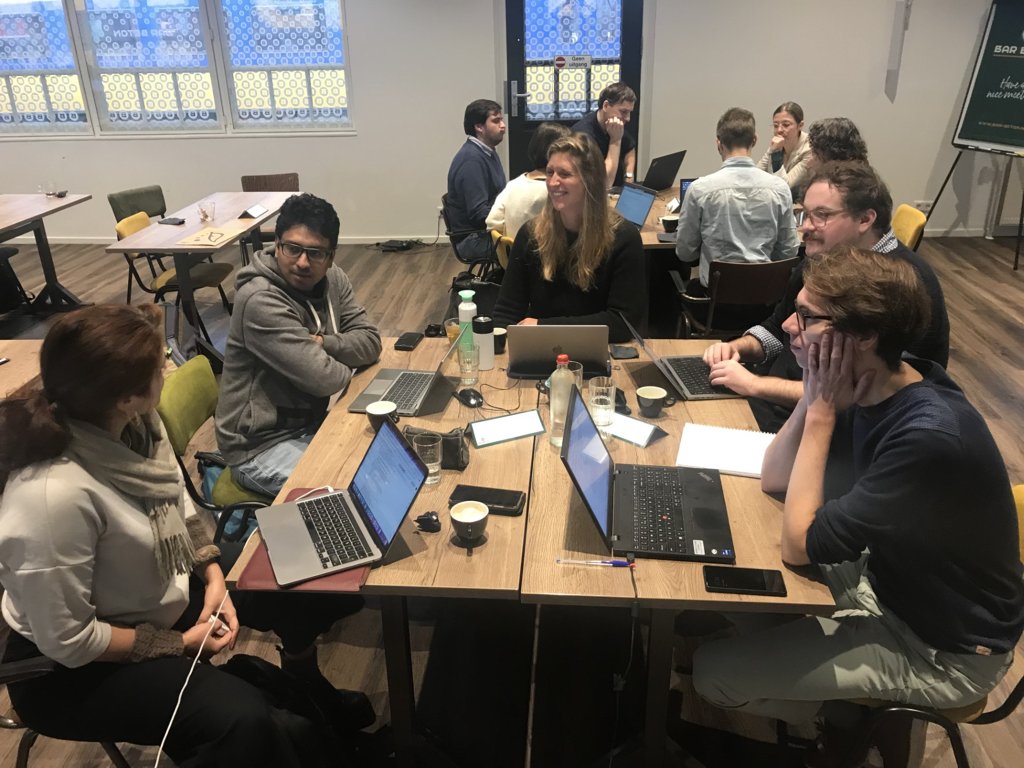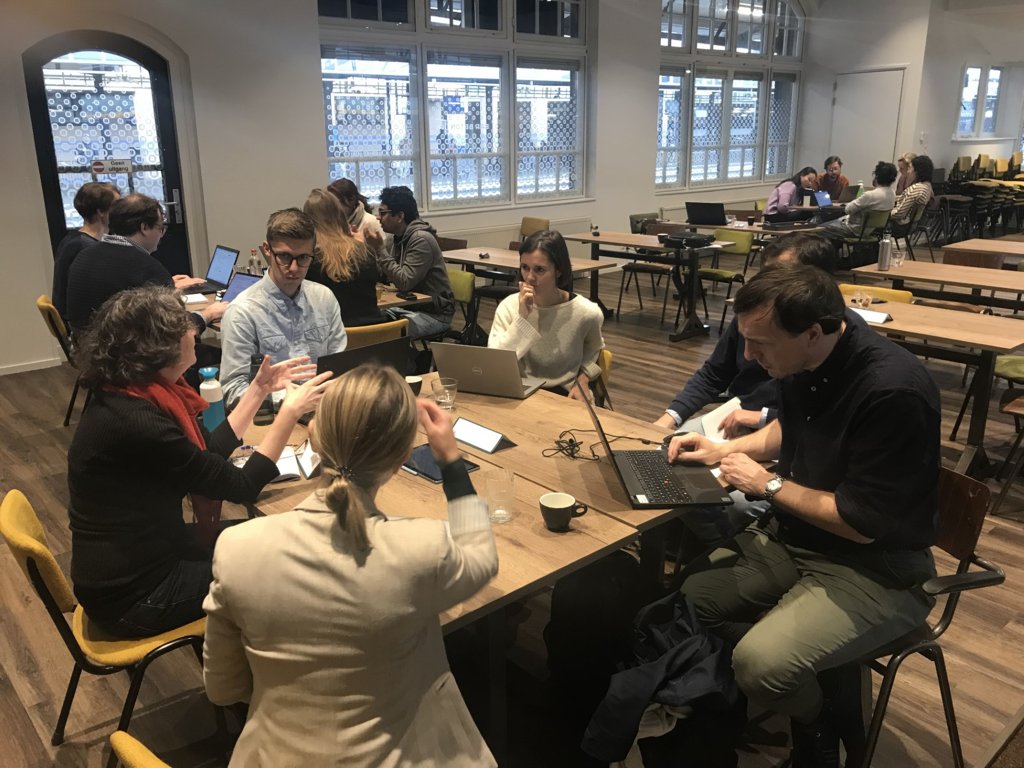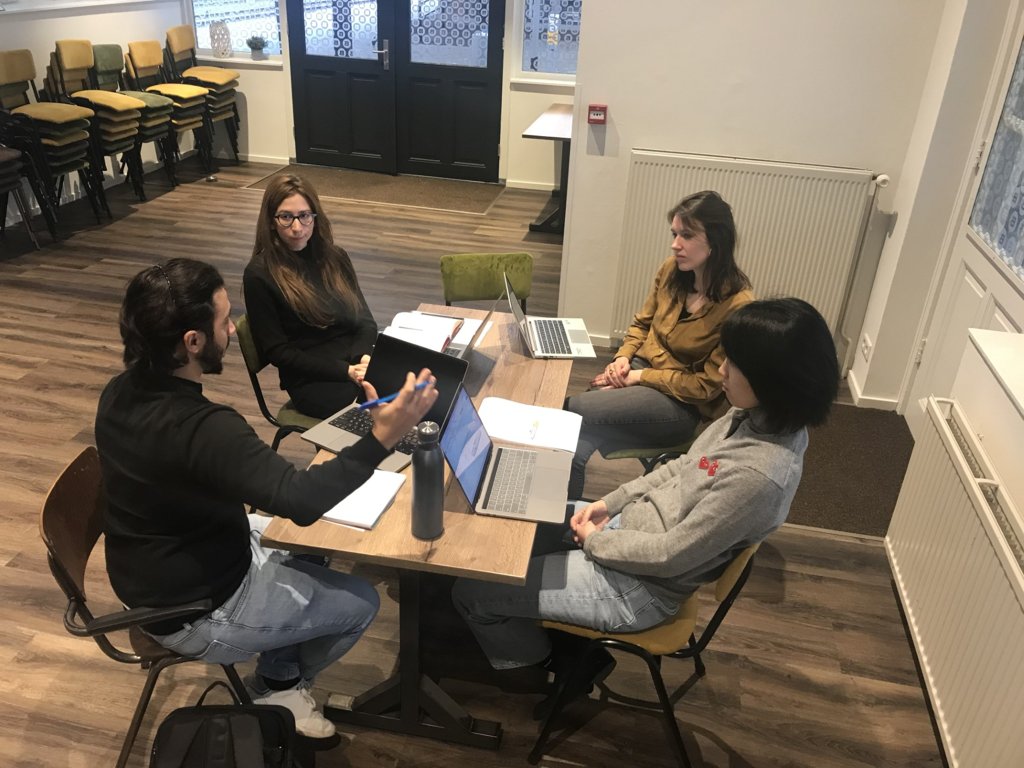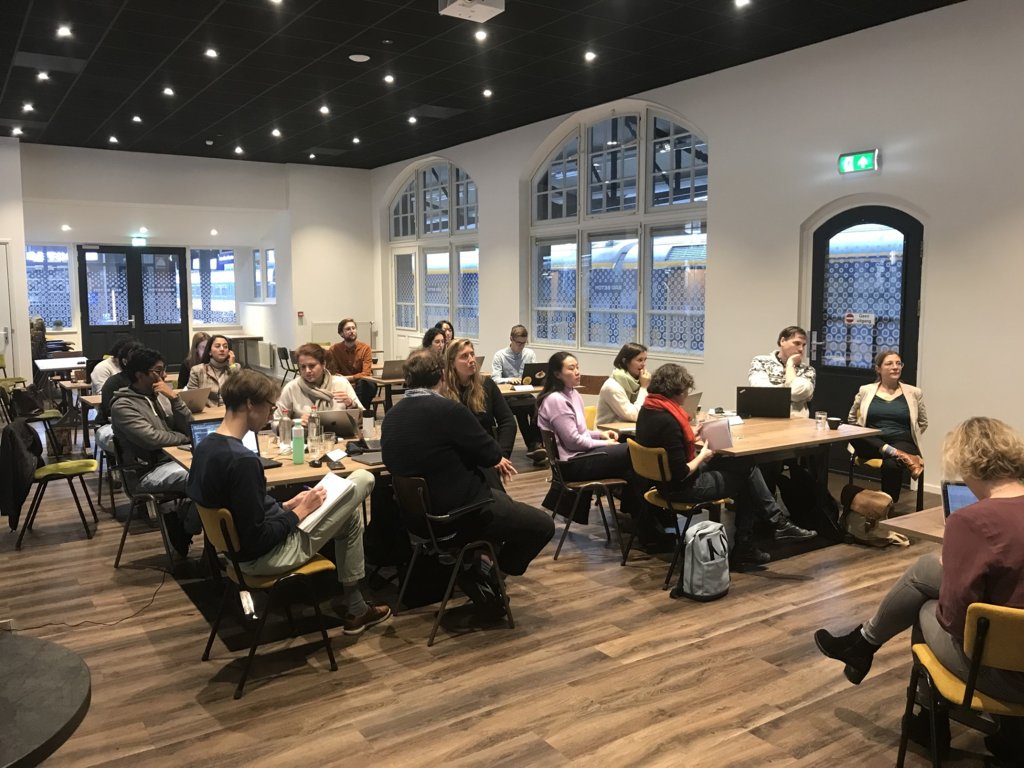In a comprehensive one-day workshop organized by the 4TU.RE Centre, participants from the 4TU's and Erasmus University Rotterdam engaged in an insightful exploration of resilience assessment. The assembly of 22 individuals, including PhDs, postdocs, and assistant/associate professors, represented a diverse cross-section of academic expertise.
The workshop commenced with an emphasis on collaborative resilience assessment, addressing challenges, surmounting obstacles, and fostering transdisciplinary approaches. The opening presentation underscored the critical role of resilience assessments in cultivating a nuanced understanding of complex systems, benchmarking existing frameworks, and facilitating discussions on trade-offs.
Structured discussions within four groups examined various aspects, leveraging the domain knowledge of experts from diverse disciplines such as labour-market economics, supply chain research, civil engineering, and mathematics. Contributions ranged from exploring existing frameworks and metrics to designing assessment processes, handling challenges in transdisciplinary settings, and scrutinizing the purpose and principles of resilience assessments. Each group contributed to the collective goal of tailoring methodologies to practitioners' needs.
Noteworthy was the enthusiasm of the workshop initiators, which resonated with participants, creating an inviting atmosphere to actively contribute. The event demonstrated a commitment to tailoring frameworks for diverse domains, with stakeholders actively involved in the co-production process.
Despite a few COVID cases, the workshop provided an engaging platform, combining the experience of seasoned professionals with the fresh perspectives of the new generation. The discussions generated considerable interest in future action lines, underlining the community's dedication to shaping resilient systems through collaborative and innovative approaches.
Key takeaways
The workshop highlighted the need for ongoing stakeholder involvement, revisiting frameworks, and alignment in long-term goals for meaningful progress. Group-specific plans for future research and implementation were detailed, focusing on refining existing frameworks, exploring reluctance toward assessments, creating common language in transdisciplinary settings, and addressing biases in assessments. Proposed ideas for future participation included course development for students, an article on resilience assessment frameworks, securing funding for dedicated positions, and collaborative action points.




